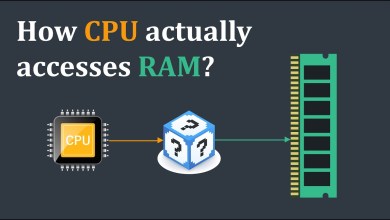Reverse Engineering of Intel’s Branch Prediction
Speaker: Nick Mahling
Conference: Elbsides light 2023
Due to the rise of cloud computing, many applications share hardware resources with other applications in the cloud. While cloud computing offers numerous advantages, it has also introduced new security threats that need to be addressed. To reduce these risks, virtualization is used to isolate applications. A CPU involves a vast array of microarchitectural components dedicated to multiple tasks. If any of these underlying components possess a design flaw, it could potentially lead to security vulnerabilities, making the virtualization obsolete. One of these microarchitectural vulnerabilities is known as Spectre, which encompasses attacks capable of exploiting speculative execution to manipulate the control flow of an application. Speculative execution is a key feature in modern processors that leverages multiple microarchitectural elements to optimize runtime performance. This is achieved among other things by accurately predicting conditional branch outcomes. By analyzing the history of a branch, the processors can make guesses about the direction a program will take, enabling it to speculatively execute instructions ahead of time. Spectre variants targeting this mechanism have the ability to alter the program’s execution path, potentially allowing an attacker to leak sensitive information. Due to limited knowledge about branch prediction on modern processors, some of those Spectre variants presented by researchers are impractical e.g. because of very long shellcodes. Furthermore, a deeper understanding of branch prediction can unveil more efficient defense mechanisms.
Hence, this presentation which is based on my recent bachelor’s thesis will focus on reverse engineering the branch prediction on modern Intel CPUs. Through the design and implementation of experiments, we aim to gain deeper insights into branch predictors. Specifically, our objective is to find pairs of branches that can interfere with each other’s predictions. This acquired knowledge builds the foundation for developing a more reliable and efficient out-of-place Spectre attack. By employing the information from that research, we successfully construct an attack and demonstrate its practical implications. The findings underline the importance of understanding and mitigating vulnerabilities arising from branch prediction mechanisms in CPUs.
elbsides.eu/2023/#reverse-engineering-of-intels-branch-prediction
[ad_2]
source



